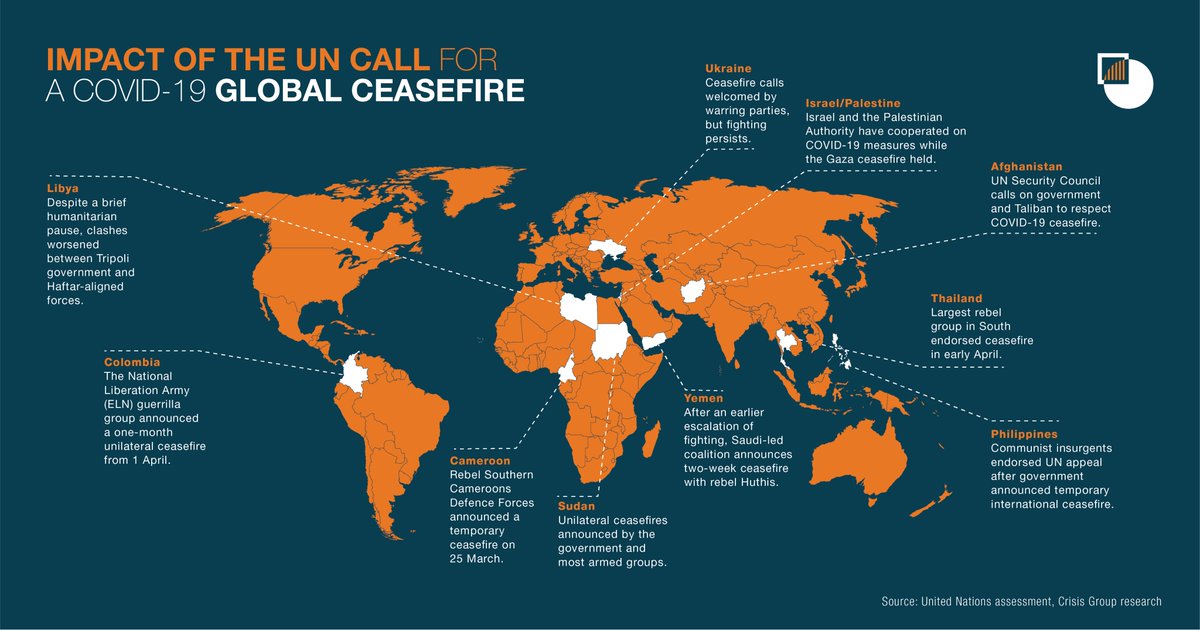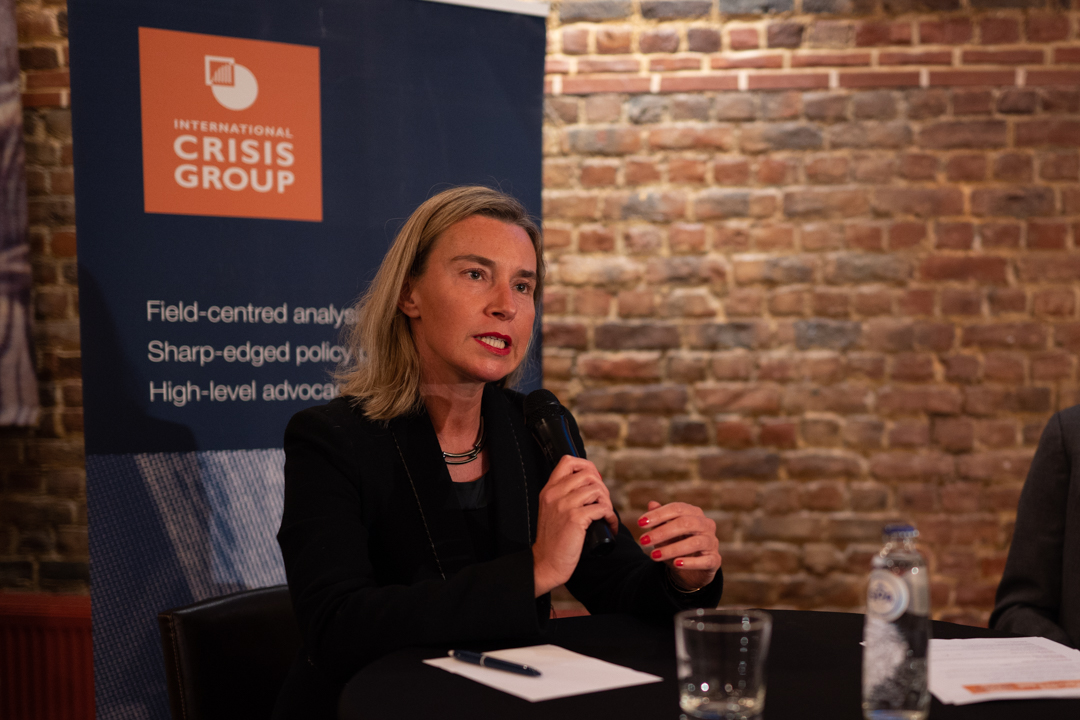
Ahead of today's anniversary of 9/11, thousands of readers have downloaded our 2016 report “Exploiting Disorder: al-Qaeda and the Islamic State”.
Building on the work of ICG's experts, this study still speaks to the evolving threat of jihadism today.🧵
crisisgroup.org/global/exploit…
Building on the work of ICG's experts, this study still speaks to the evolving threat of jihadism today.🧵
crisisgroup.org/global/exploit…
Local branches of the Islamic State, and al-Qaeda are protagonists in some of today’s deadliest crises.
They often provoke reactions that deepen the conditions they feed off - creating new instability and grievances that again plays into their hands.
They often provoke reactions that deepen the conditions they feed off - creating new instability and grievances that again plays into their hands.
In the report, @CrisisGroup looks at several ways to counter the jihadist threat without making things worse.
The bottom line: react in proportion to specific situations, not through blind, sweeping campaigns.👇
The bottom line: react in proportion to specific situations, not through blind, sweeping campaigns.👇
1️⃣ Disaggregate not Conflate: Distinguish between movements.
Governments should distinguish between violent and other movements with an eye to ending violence, not lump them all together looking for a fight.
Governments should distinguish between violent and other movements with an eye to ending violence, not lump them all together looking for a fight.
2️⃣ Use force judiciously: Although armed action usually must be part of the response, governments have been too quick to go to war.
Military offensives should serve a political strategy.
Military offensives should serve a political strategy.
3️⃣ Respect rules: Too often military actions against militants help them recruit or leaves communities caught between harsh jihadist rule and indiscriminate operations.
4️⃣ Curb Targeted Killings: Drone strikes can, in places, hinder groups’ operations and ability to hit Western interests.
But they often kill civilians too, feeding resentment against local governments and the West. Often harder line leaders replace those killed.
But they often kill civilians too, feeding resentment against local governments and the West. Often harder line leaders replace those killed.
5️⃣ Open lines of communication: Notwithstanding the difficulties, governments should be more willing to talk, even with militants.
6⃣ Invest in conflict prevention: Jihadists tend to thrive and expand in warzones.
Preventing conflicts will do more to contain violent extremists than countering violent extremism will do to prevent conflicts.
Preventing conflicts will do more to contain violent extremists than countering violent extremism will do to prevent conflicts.
Interested to read more about Islamist militancy and ideas on how to respond?
Read all of our work on Jihad in Modern Conflict here 👇
crisisgroup.org/jihad-modern-c…
Read all of our work on Jihad in Modern Conflict here 👇
crisisgroup.org/jihad-modern-c…
This report is also available in Arabic and French!
crisisgroup.org/global/exploit…
crisisgroup.org/global/exploit…
• • •
Missing some Tweet in this thread? You can try to
force a refresh







